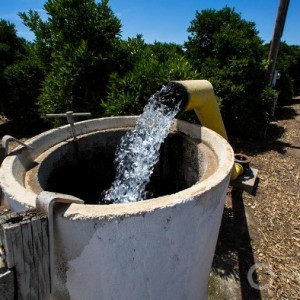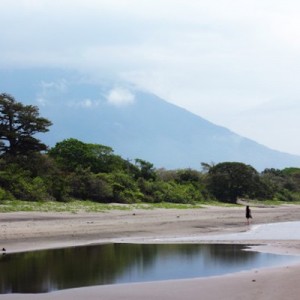The Stream, June 5: EPA Says Fracking Not a ‘Widespread Risk’
The Global Rundown |
The United States Environmental Protection Agency has determined that fracking does not pose an overall threat to drinking water. Georgia will spend a lot of money testing out three new water supply projects. In India, the government is trying to help farmers through a deficient rainy season.
“We did not find evidence that these mechanisms have led to widespread, systemic impacts on drinking water resources in the United States.” — Quote from the EPA’s new report on risks to drinking water from fracking. (Reuters)
By The Numbers |
$US 9 million – What Georgia will spend while testing out three new water supply projects for the state. One of those projects involves a controversial method of groundwater storage where water is pumped from one aquifer and injected into another for later recovery. Athens Banner-Herald
Science, Studies, And Reports |
The U.S. Environmental Protection Agency has released a long-awaited report on the risks to drinking water from hydraulic fracturing (fracking). The report states that fracking has not posed a ‘widespread risk’ to drinking water, rather, isolated cases of contamination have occurred when fracking fluids leaked into the water table. However, both sides of the fracking debate are claiming vindication from the report. Reuters
On The Radar |
The Indian government is compensating for a predicted deficient rainy season in the country by providing farmers with seeds and diesel at below-market prices. The monsoon rains arrived on India’s southern coast about a week late, and the India Meteorological Department has predicted that precipitation will be just 88 percent of the 50-year average. Bloomberg
is both a scientist and a journalist, she holds an MS in Environmental Engineering from Michigan Technological University, and she brings proficiency in ESRI’s ArcGIS mapping software.






Leave a Reply
Want to join the discussion?Feel free to contribute!